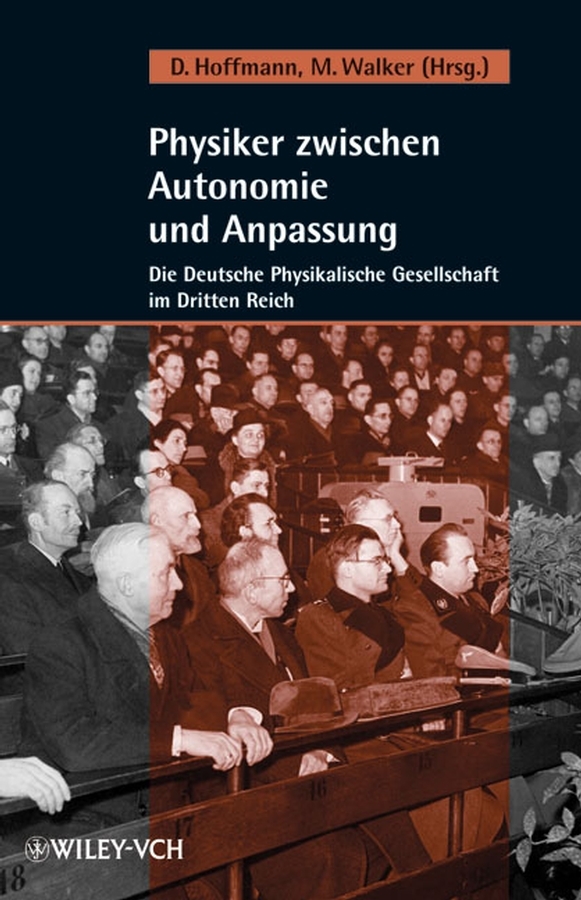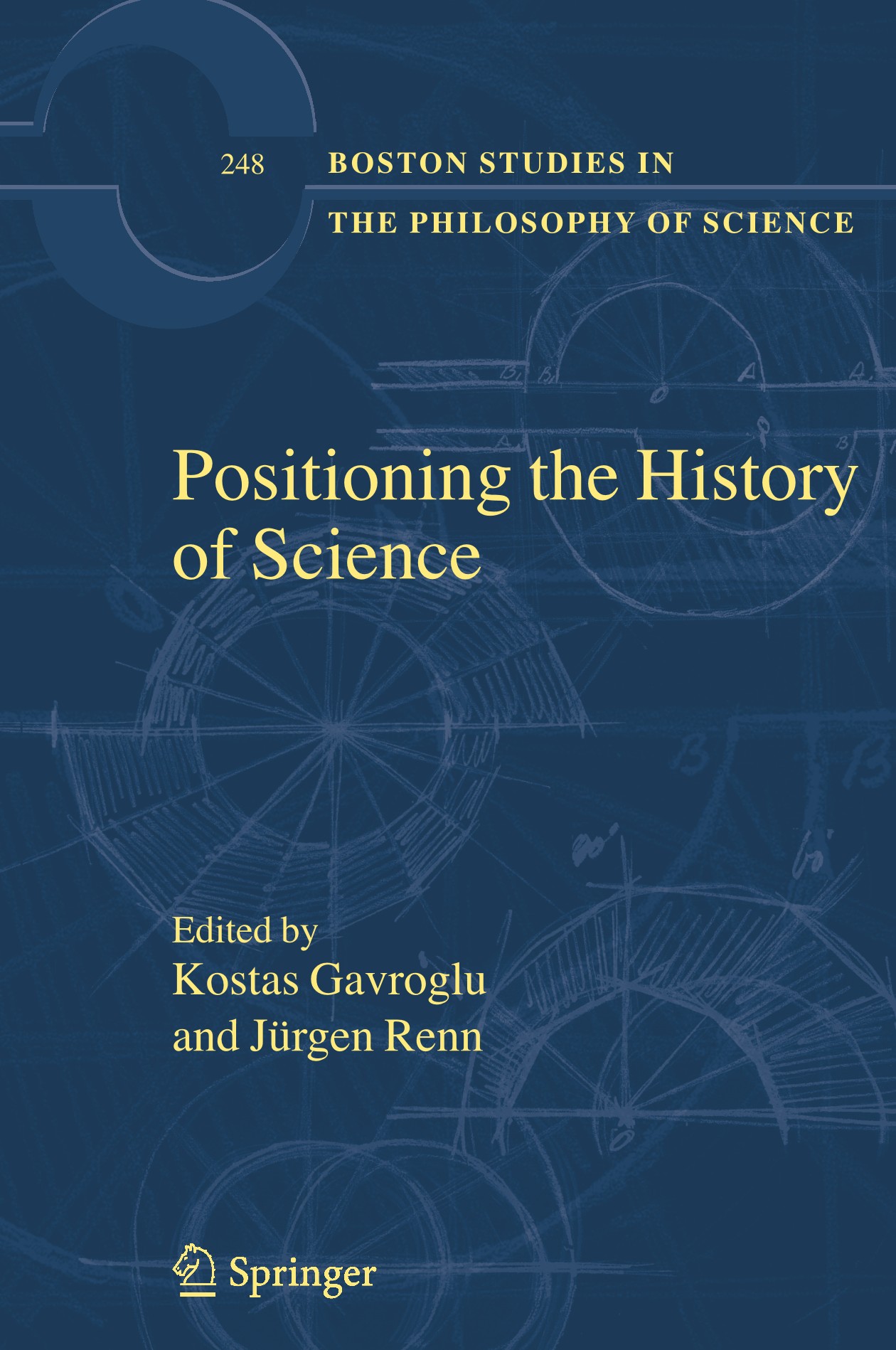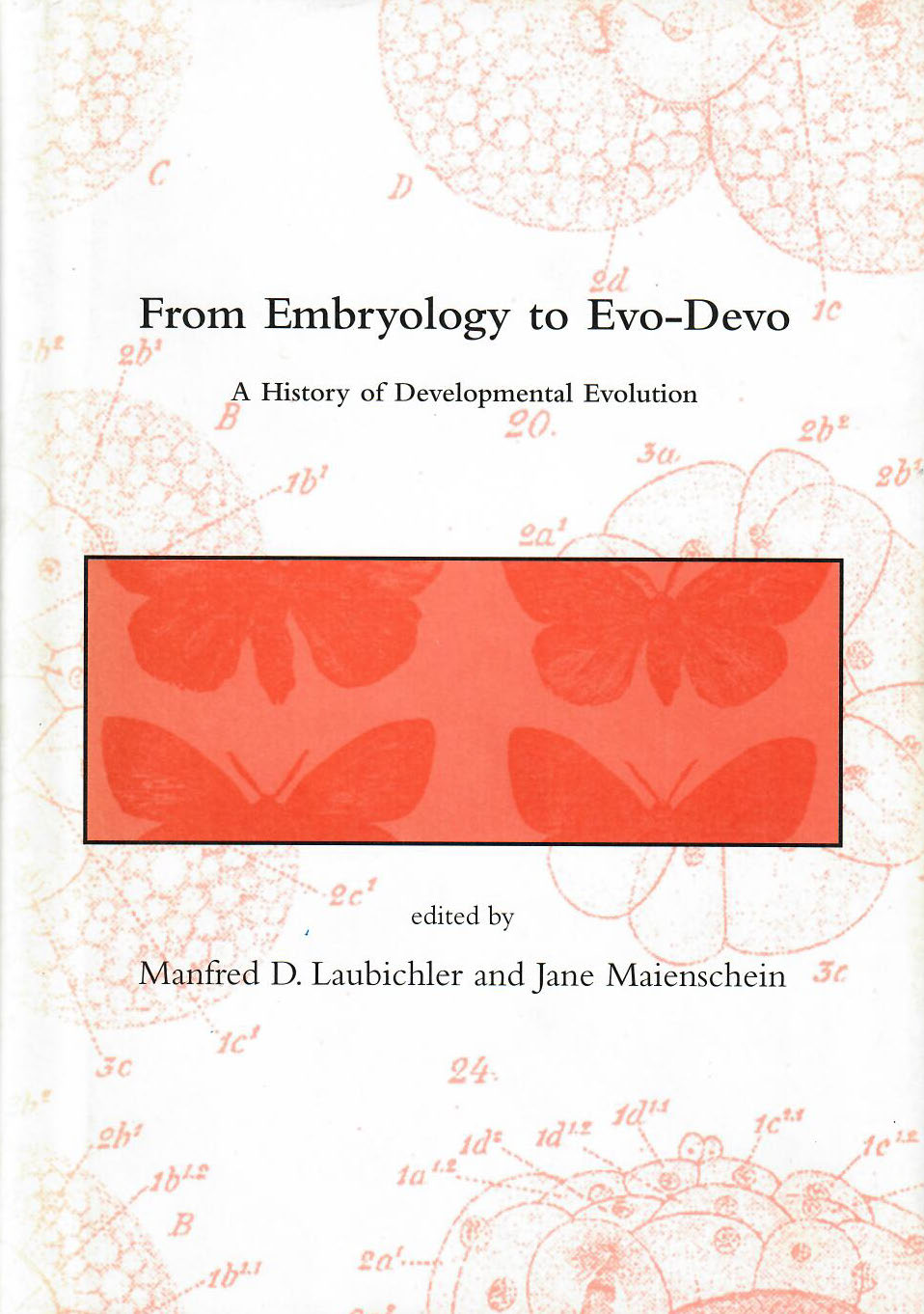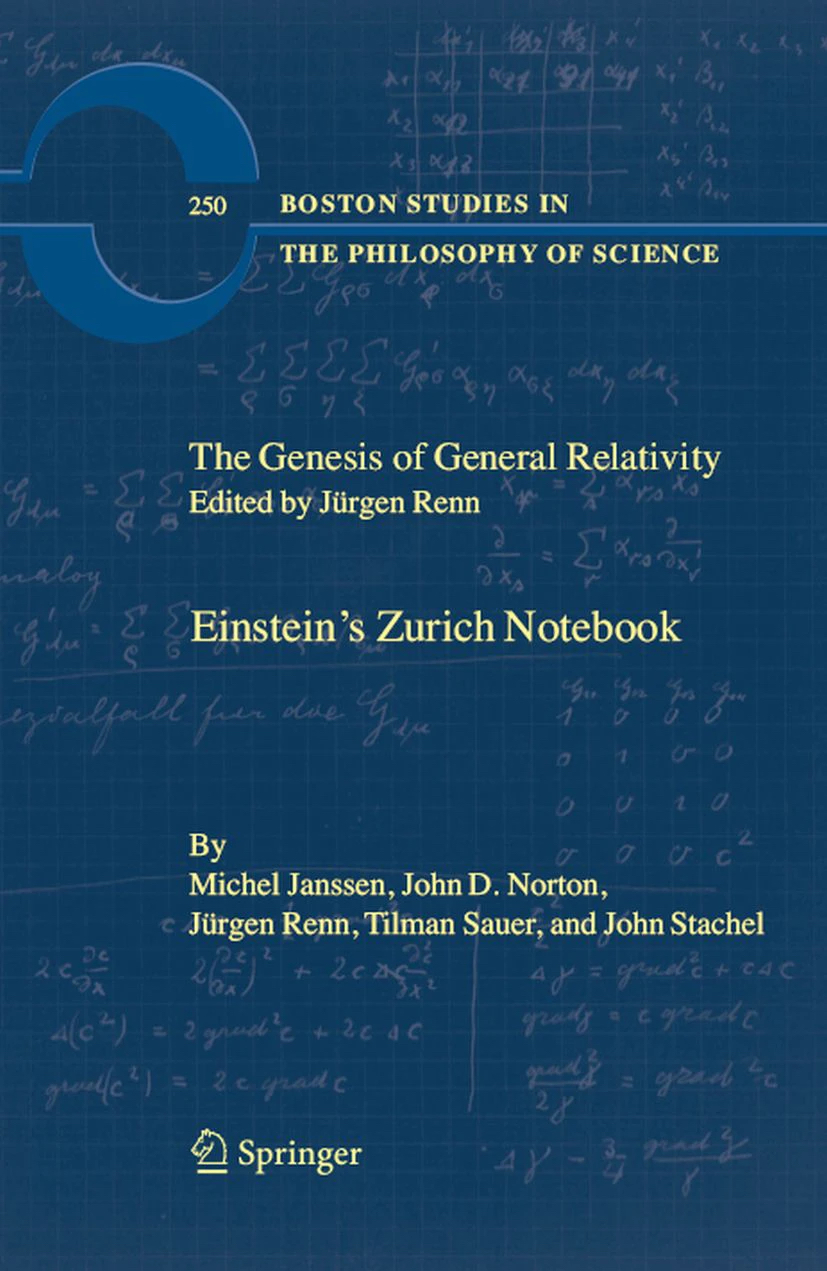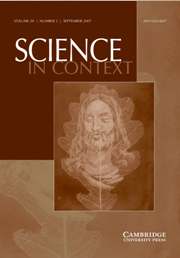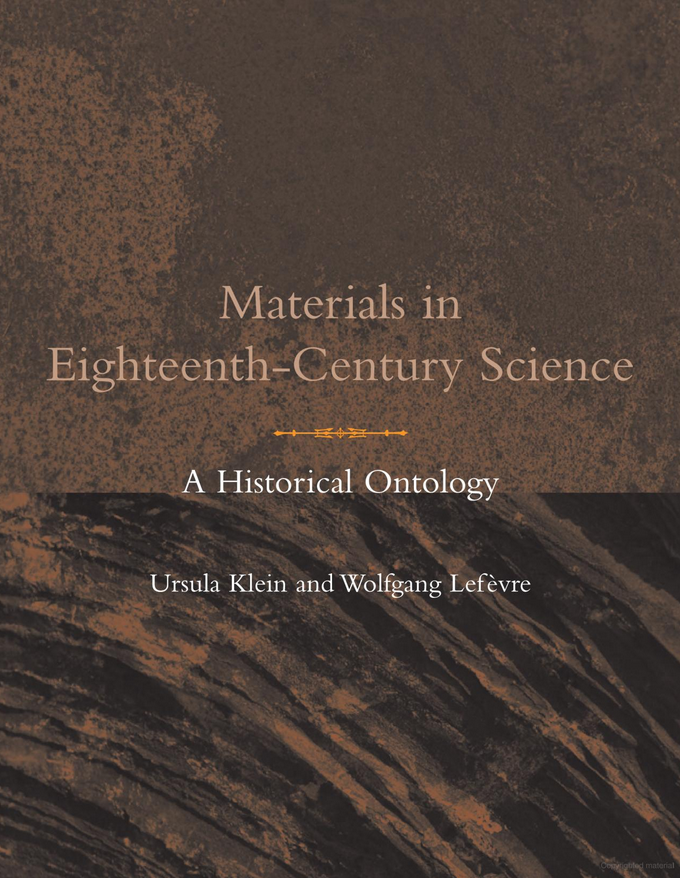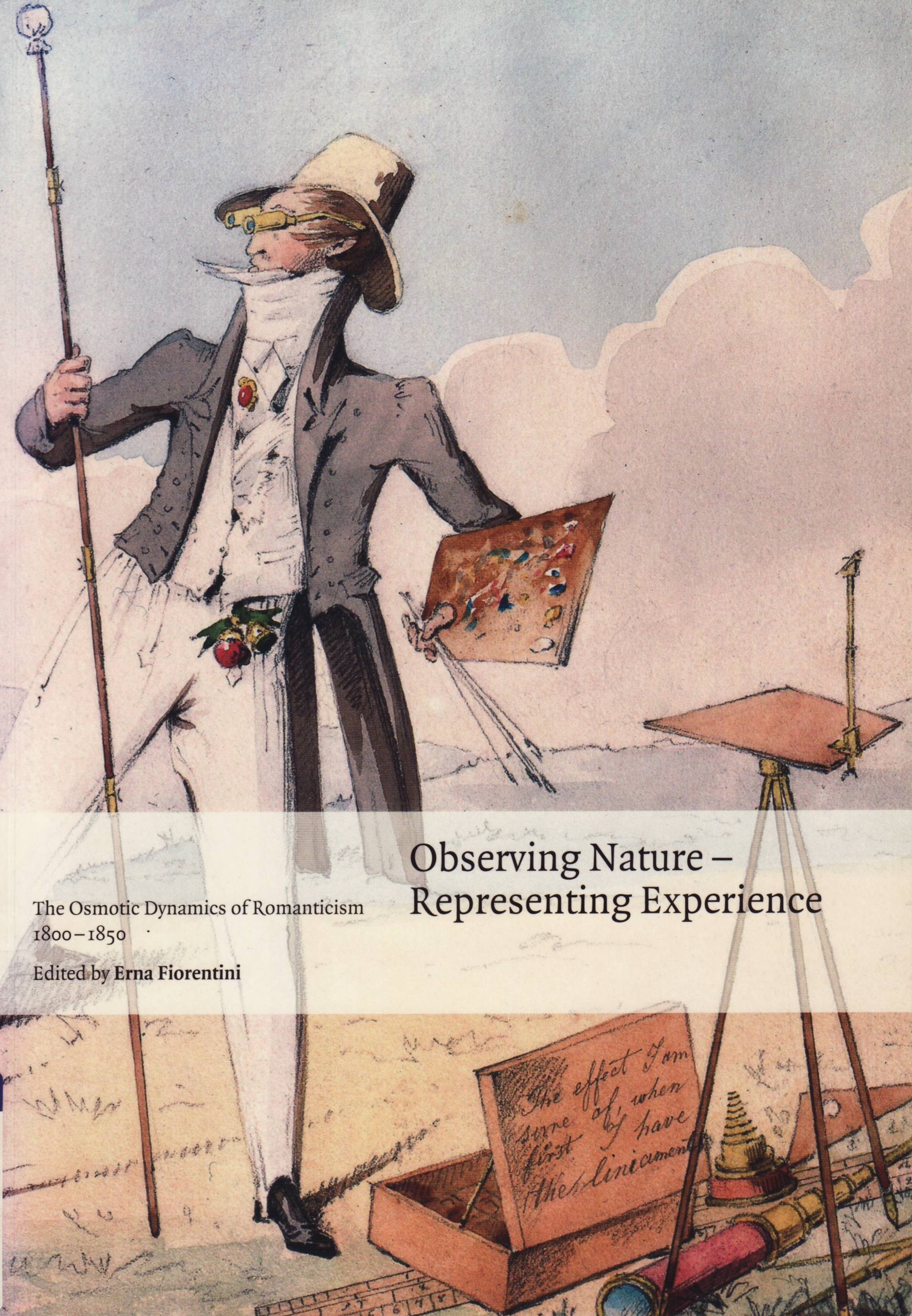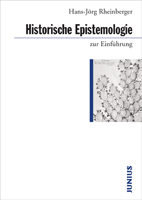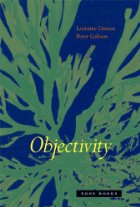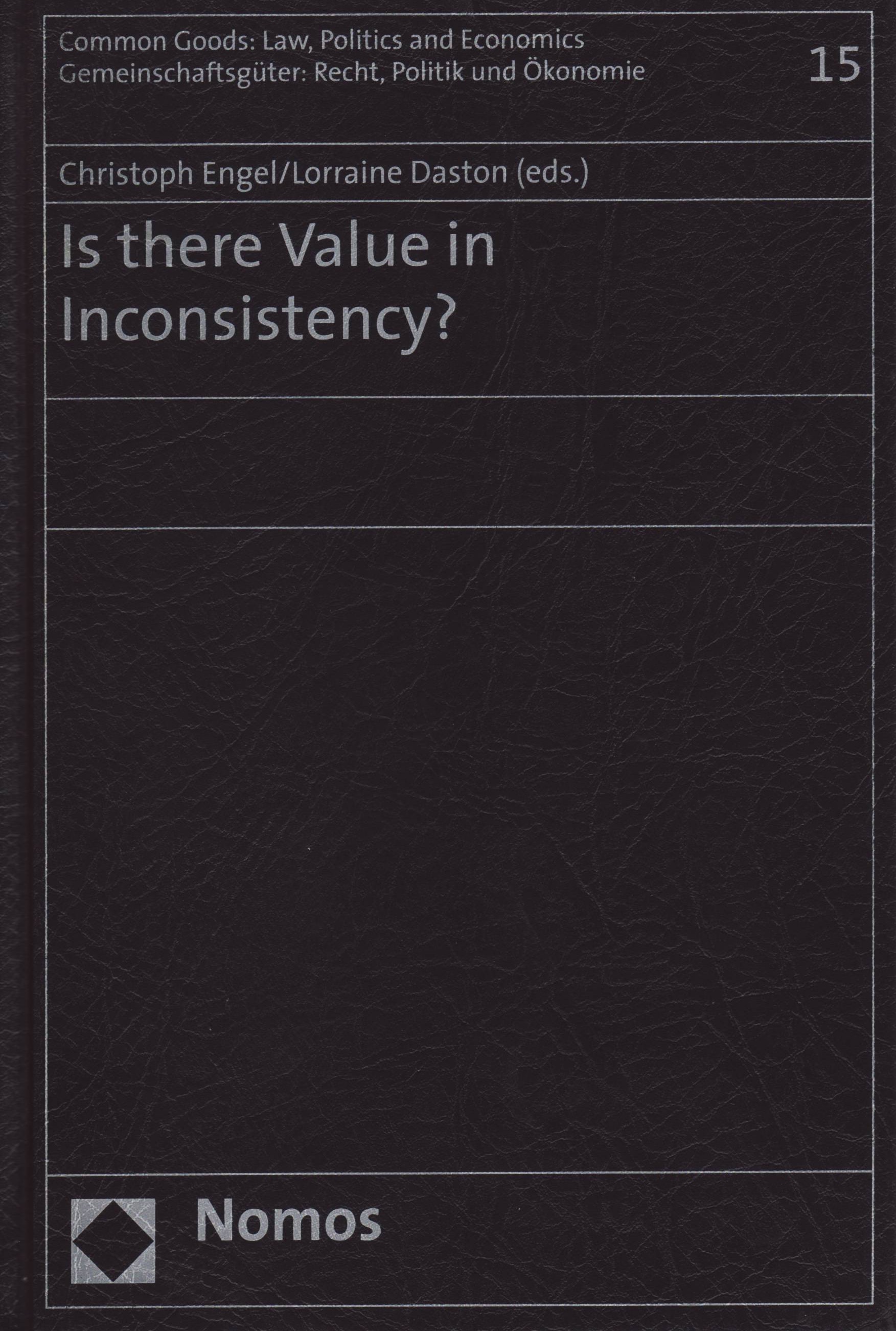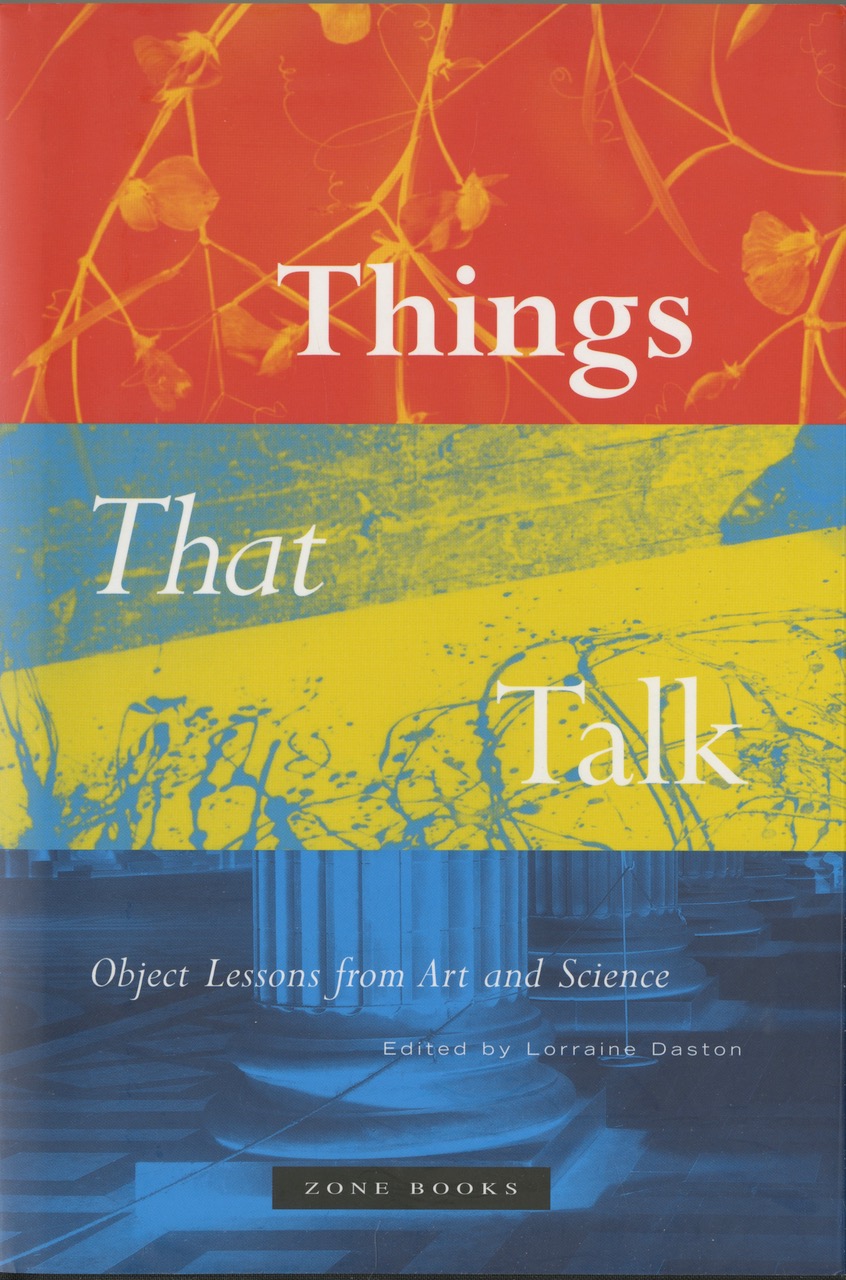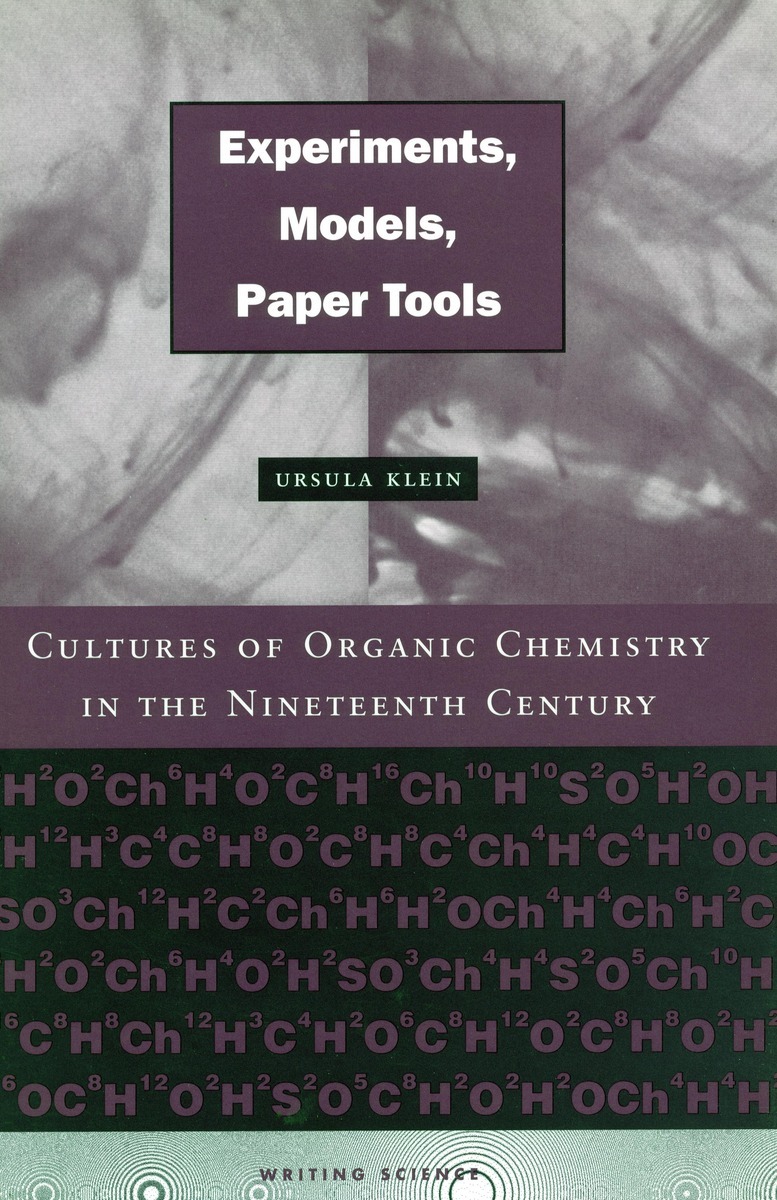Working Group Volume
Heredity Produced: At the Crossroads of Biology, Politics, and Culture, 1500-1870
The cultural history of heredity: scholars from a range of disciplines discuss the evolution of the concept of heredity, from the Early Modern understanding of the act of "generation" to its later nineteenth-century definition as the transmission of characteristics across generations.
MORE
Working Group Volume
Physiker zwischen Autonomie und Anpassung: die Deutsche Physikalische Gesellschaft im Dritten Reich
Welche Rolle spielte die Deutsche Physikalische Gesellschaft in den Jahren der nationalsozialistischen Gewaltherrschaft, welche Position nahm sie im Prozess der wissenschafts- und forschungspolitischen Neuorientierung ein und was war ihre Funktion im politischen Macht- und Handlungsgefüge des Dritten Reiches?
MORE
Working Group Volume
Positioning the History of Science
-
Kostas GavrogluJürgen Renn
The present volume, compiled in honor of an outstanding historian of science, physicist and exceptional human being, Sam Schweber, is unique in assembling a broad spectrum of positions on the history of science by some of its leading representatives.
MORE
Working Group Volume
From Embryology to Evo-Devo: A History of Developmental Evolution
-
Manfred LaubichlerJane Maienschein
Historians, philosophers, sociologists, and biologists explore the history of the idea that embryological development and evolution are linked.
MORE
Working Group Volume
The Genesis of General Relativity
The most in-depth study of the major scientific revolution of the 20th century
MORE
Special Issue (Working Group Volume)
Believing Nature, Knowing God
-
Bernhard KleebergFernando Vidal
The title of this issue of Science in Context – “Believing Nature, Knowing God” – is intended to suggest the moral, emotional, and cognitive conditions in which the historical alliance of “nature” and “God” operated, and to make a more general point about knowing and believing.
MORE
Working Group Volume
Materials in Eighteenth-Century Science: A Historical Ontology
A history of raw materials and chemical substances from the late seventeenth to the early nineteenth centuries that scrutinizes the modes of identification and classification used by chemists and learned practitioners of the period, examining the ways in which their practices and understanding of the material objects changed.
MORE
Working Group Volume
Observing Nature - Representing Experience : The Osmotic Dynamics of Romanticism 1800-1850
In the early nineteenth century, the translation of nature observations into quantified records often intended to convey both epistemologically and aesthetically determined forms of experience. The book investigates the intriguing complexity of this 'osmotic dynamics', in which various positions on the significance of inner and outer world were continuously exchanged.
MORE
Book
Historische Epistemologie zur Einführung
Erst allmählich entwickelte sich im Laufe des 20. Jahrhunderts ein komplexes, sozialhistorisch und denkhistorisch motiviertes Nachdenken über Wissenschaft, das in seinem Kern darin bestand, die Wissenschaftsphilosophie zu historisieren.
MORE
Book
Objectivity
In the middle decades of the nineteenth century objectivity established itself as a (if not the) cardinal epistemic virtue in the sciences. From astronomy to paleontology to physiology, new ways of making images, assessing error, and designing experiments were enlisted in the service of objectivity.
MORE
Working Group Volume
Things that Talk: Object Lessons from Art and Science
Imagine a world without things. There would be nothing to describe, nothing to explain, remark, interpret, or complain about. Without things, we would stop speaking; we would become as mute as things are alleged to be. In nine original essays, internationally renowned historians of art and of science seek to understand how objects become charged with significance without losing their gritty materiality.
MORE



